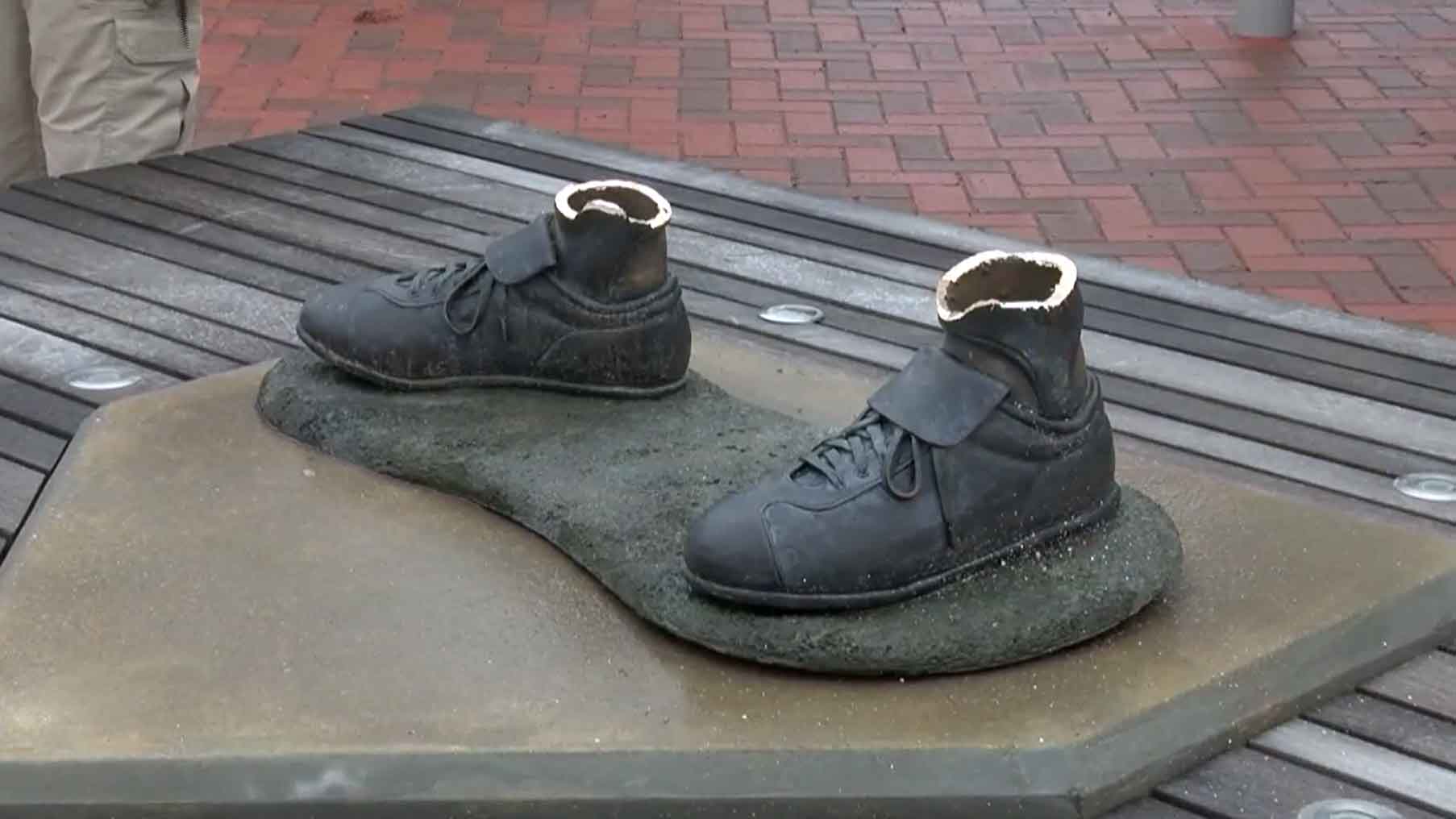Former Vice President Joe Biden said he didn't have enough time to explain his civil rights record during Thursday night's Democratic debate, where he was confronted by Sen. Kamala Harris over his controversial comments regarding his past work with segregationists and his flip-flop on repealing the Hyde Amendment.
Speaking at an event in Chicago on Friday, Biden said he respects Harris "but 30 seconds to 60 seconds on a campaign debate exchange can't do justice to a lifetime commitment to civil rights."
"I want to be absolutely clear about my record and position on racial justice including bussing," Biden told the crowd at the Rainbow Push Coalition. "I never, never never ever opposed voluntary bussing. And it was a program that Sen. Harris participated in, and it made a difference in her life."
Harris, a former prosecutor turned California senator, started Thursday night's debate by saying she didn't think the former vice president "was a racist." But she criticized him for recently "defending segregationists" in the Senate and for once opposing mandatory busing of students to desegregated public schools.
The moment was as powerful as it was unexpected, a searing line of attack against Biden, who served as vice president to the country's first black president. Biden entered back-to-back nights of Democratic presidential debates in Miami as the leading Democratic candidate.
In deeply personal tones, Harris hammered Biden for policy choices that she suggested betrayed the spirit of the civil rights movement, if not directly opposing all it stood for.
"Do you agree today that you were wrong to oppose busing in America?" Harris asked.
U.S. & World
News from around the country and around the globe
A visibly angry Biden responded that his record was mischaracterized. But he was left denying Harris' comments on a technicality, saying he didn't oppose public school busing, just it being ordered by the Department of Education — decrying federal intervention on the issue on behalf of states.
Harris shot back, "There are moments in history where states fail to support the civil rights of people."
Harris said on Friday that the back-and-forth with Biden was her "just speaking truth." She told CBS that she has a "great deal of respect" for Biden and would make no judgment on whether his response was disqualifying.
"That's a decision for the voters to make," Harris said on "CBS This Morning."
Senior advisers to Biden insisted afterward that they weren't surprised by the confrontation with Harris and were satisfied with his response in the time allowed. They noted that while he dismissed Harris' characterization of his relationship with segregationist senators in his early years in the Senate more than 45 years ago, Biden appeared to be listening while she criticized his position on busing.
"I thought it was an important moment. He listened. And you don't judge other people's pain," said Cedric Richmond, Biden's campaign chairman.
Richmond added that, had Biden had more time, he would have spent it discussing his campaign's focus on educational opportunity and his work in the Obama administration curbing disproportionate school arrests of African American students.
The former vice president is claiming that he only opposed the U.S. Education Department’s push for busing to desegregate schools because he didn’t want federal mandates forced on local school boards. But in the early and mid-1970s, those were the fault lines in almost every U.S. community, from New Orleans to Boston, where there was stiff opposition to busing. If you were a politician opposing federally enforced busing, you were enabling any local school board or city government that was fighting against it.
As a senator in the late 1970s, Biden supported several measures, including one signed by President Jimmy Carter, that restricted the federal government’s role in forced busing.
"I know you know I fought my heart out to ensure these civil rights and voting rights, equal rights are enforced everywhere," Biden said at Friday's event. "These rights are not up to the states to decide. They are federal government's duty to decide. It is a constituional question to protect the civil rights of every single American and that’s always been my position."



